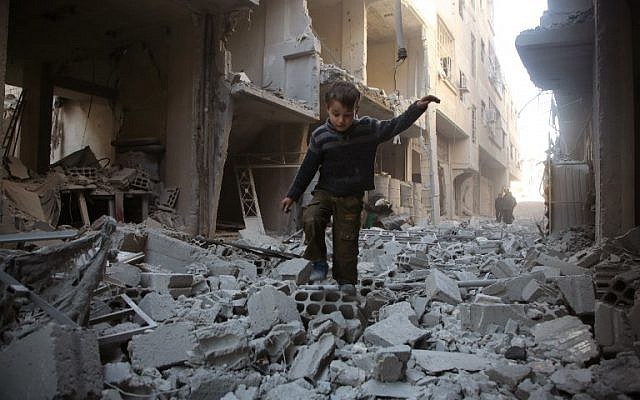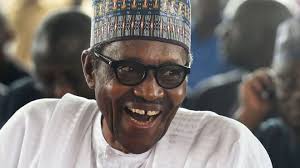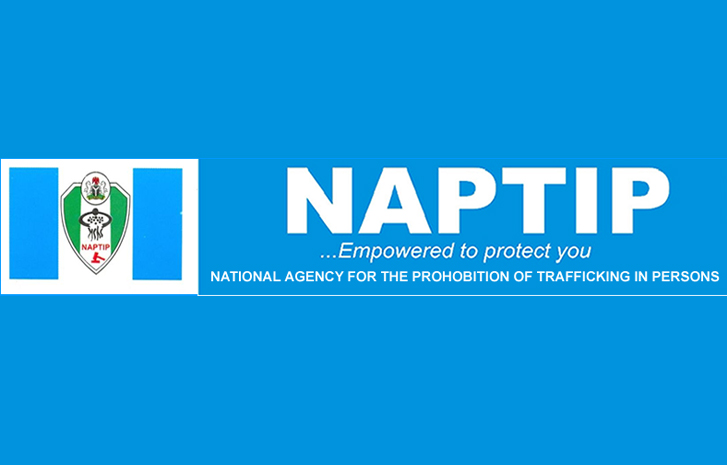Warplanes pounded the last rebel enclave near the Syrian capital for a fifth straight day on Thursday, as the United Nations pleaded for a truce to halt one of the fiercest air assaults of the seven-year civil and prevent a “massacre”.
More than 300 people have been killed in the rural eastern Ghouta district on the outskirts of Damascus since Sunday night, and many hundreds have been wounded, according to human rights monitors and aid agencies who say Russian and Syrian planes have struck hospitals and other civilian targets.
In the north, where Turkey launched an offensive in the past month against a Kurdish militia, the Kurds said pro-government fighters were now deploying to the front lines to help repel the Turkish advance. Government forces also entered a part of Aleppo controlled by the Kurdish YPG militia, a witness and a monitor group said, although the YPG denied this.
The Kurdish YPG — allies with the United States in other parts of Syria — have sought assistance in recent days from the Russian-backed government to resist the Turkish offensive, an example of the unexpected alliances wrought during a multi-sided conflict that has drawn in neighbours and world powers.
International attention is now focused on the humanitarian plight in the eastern Ghouta, where 400,000 people have been under siege for years and where government bombardment escalated sharply on Sunday, causing mass civilian casualties.
“There is a need for avoiding the massacre, because we will be judged by history,” U.N. Syria envoy Staffan de Mistura said.
Residents of Douma, the biggest town in the district, described plumes of black smoke billowing from residential areas after planes dropped bombs from high altitude. Searches were underway for bodies amid the rubble in the town of Saqba and elsewhere, said rescuers.
De Mistura said he hoped the Security Council would agree to a resolution calling for a ceasefire in eastern Ghouta, but acknowledged it would be difficult: “I hope it will. But it’s uphill. But I hope it will. It is very urgent,” he told Reuters as he arrived at the United Nations in Geneva.
President Bashar al-Assad’s veto-wielding ally Russia says a ceasefire would be hard to achieve. Moscow and Damascus say their assault on eastern Ghouta is necessary to defeat fighters who have been firing mortars on the government-held capital.
“Those who support the terrorists are responsible” for the situation in eastern Ghouta, Kremlin spokesman Dmitry Peskov told a conference call with reporters. “Neither Russia, nor Syria, nor Iran are in that category of states, as they are waging an absolute war against terrorists in Syria.”
Aid workers and residents say Syrian army helicopters have been dropping “barrel bombs” – oil drums packed with explosives and shrapnel – on marketplaces and medical centres.
Residents and insurgents in eastern Ghouta say high-altitude jets of the kind involved in bombing on Thursday morning are Russian, as Moscow’s warplanes typically fly higher than those of the Syrian air force.
Damascus and Moscow deny targeting civilian areas and accuse rebels of holding civilians as human shields. Western powers have also accused Russia of aiding the bombardment.




